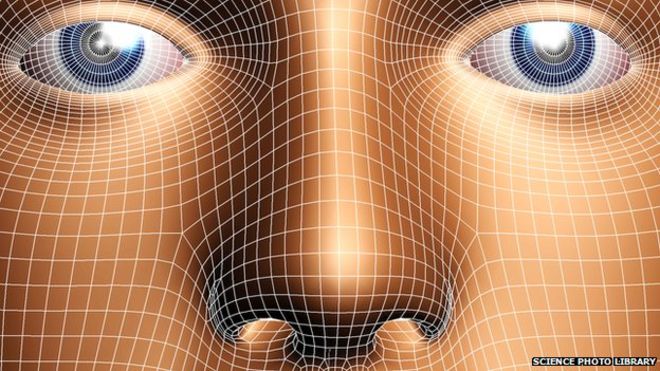A new tool developed by Saquib Sarfraz and Rainer Stiefelhagen, two scientists from the Karlsruhe Institute of Technology, Germany, will work to identify a person in total darkness by recognizing individuals through their thermal signature and matches in infrared images of familiar photos. It uses a deep neural network system to connect and process pictures, recognizing people in either poor lighting or complete darkness.

What’s impressive about their system is that there is not a direct linear correlation between faces in visible and infrared light. The way the human face emits thermal signatures is different to how it reflects light in daylight, which varies depending on the temperature of the skin, environment and even a person’s expression. Use of the neural network, a computer program that imitates the way the human brain makes connections and draws conclusions, helps to overcome this..
The tool has not reached the market yet as the intended plan is for it to be tested out more thoroughly in order to be as accurate as possible. The long-term goal is for the face recognition tool to be used by police and authorities to catch criminals.
“Our presented work on face recognition in thermal images is currently not used outside the research lab. There are no plans to roll it out,” Dr. Sarfraz said.
As it currently stands, after being tested multiple times, the technological tool has had an 80 percent success rate, and worked 55 percent of the time using only a single image. Dr. Sarfraz noted that “more training data and a more powerful architecture” could create better results.
“Although the ability to recognize faces in the dark is not new, the ability to use thermal infrared and match against a standard color photograph could open up some new specific applications areas. Their biggest advantage comes in that they could potentially operate in the dark without the need for active infrared illumination,” said Dr. Tom Heseltine, head of research for UK face recognition company Aurora.
Such a tool could also raise questions about privacy. If used improperly, it is completely invasive to individuals. If the facial recognition tool hits the market, privacy laws will need to be enacted through legislation so there are no grey lines. We don’t want what happened with the Facebook facial recognition tool happening here.
“This new research makes it even more vital that facial recognition is properly covered by legislation and that strong safeguards are put in place to protect people from misuse. Our privacy cannot be forgotten no matter how innovative a new piece of technology may seem,” said Daniel Nesbitt, research director of privacy campaign group Big Brother Watch.
Source: BBC
Advertisement
Learn more about Electronic Products Magazine





